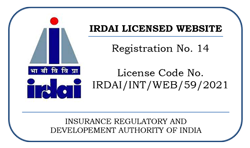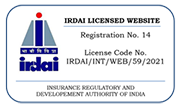Retirement is a phase of life that can become stressful if one is not financially prepared. It is a time meant for relaxation and pursuing long-held goals. To ensure a comfortable and secure post-retirement life, it is advisable to consider purchasing a pension plan, also known as a retirement plan, at an early age. By doing so, individuals can take advantage of a longer time horizon to start saving for their retirement and build a substantial corpus to support their future needs. Starting early provides the benefit of compounding returns and allows individuals to make regular contributions over a more extended period, ultimately leading to a more financially stable and enjoyable retirement.



